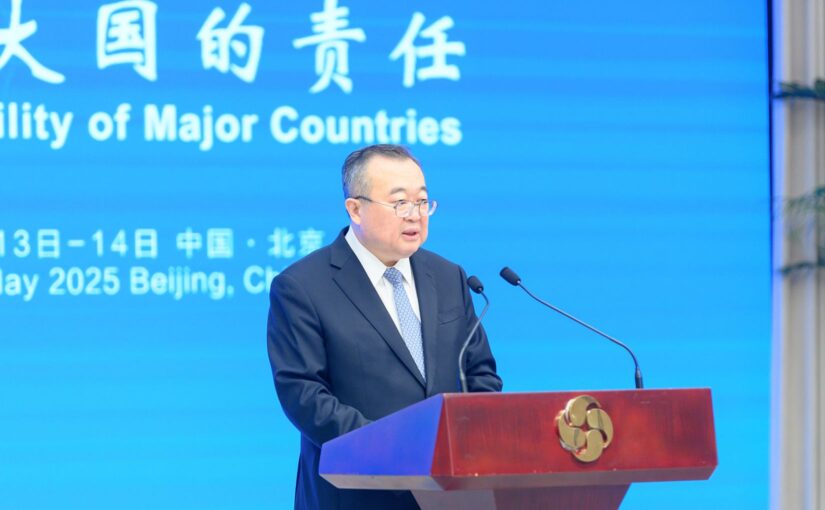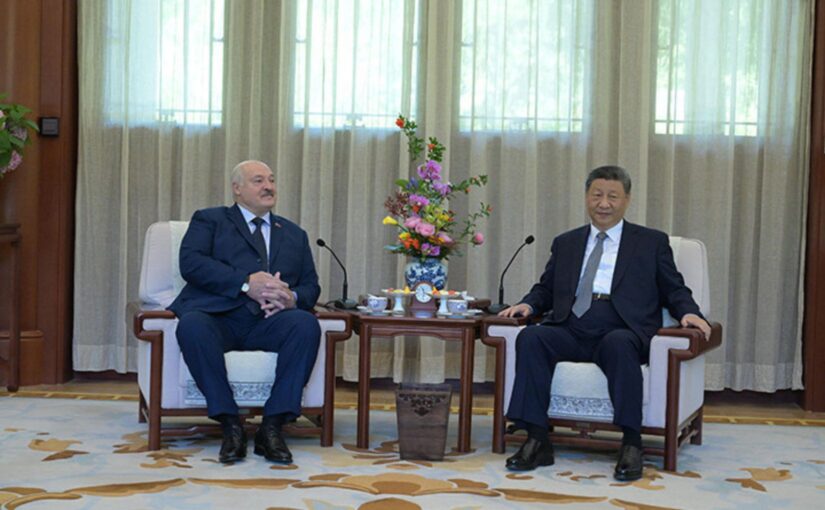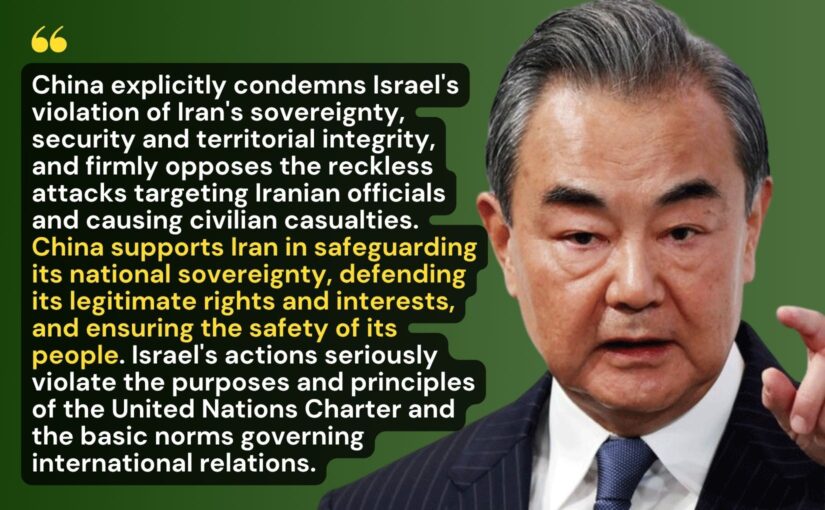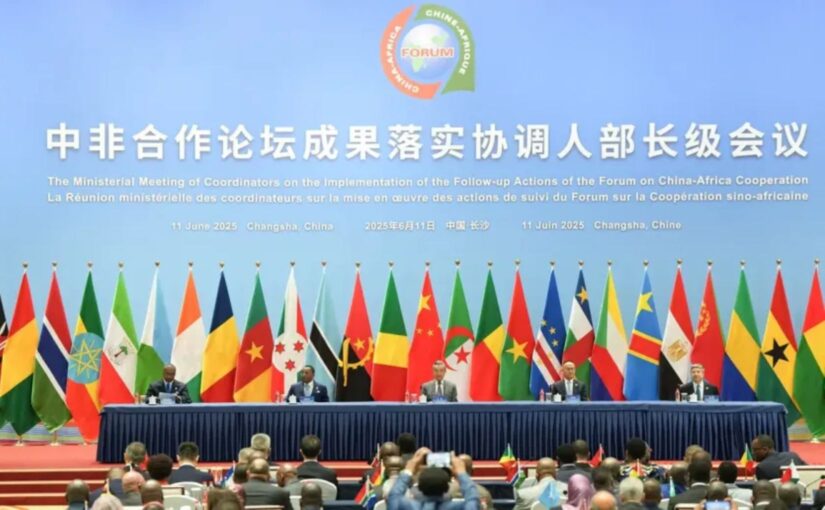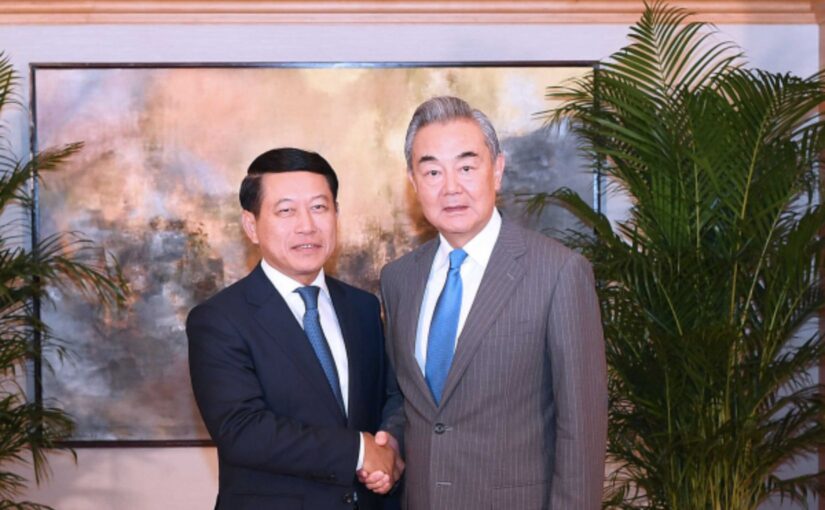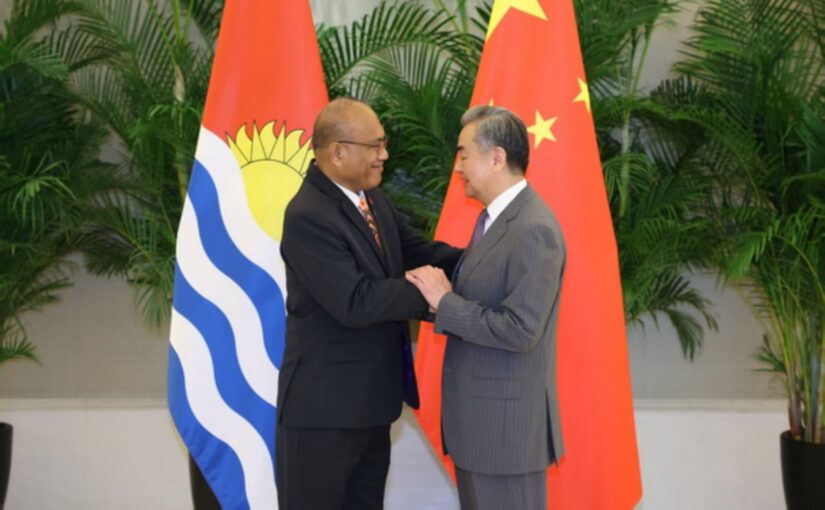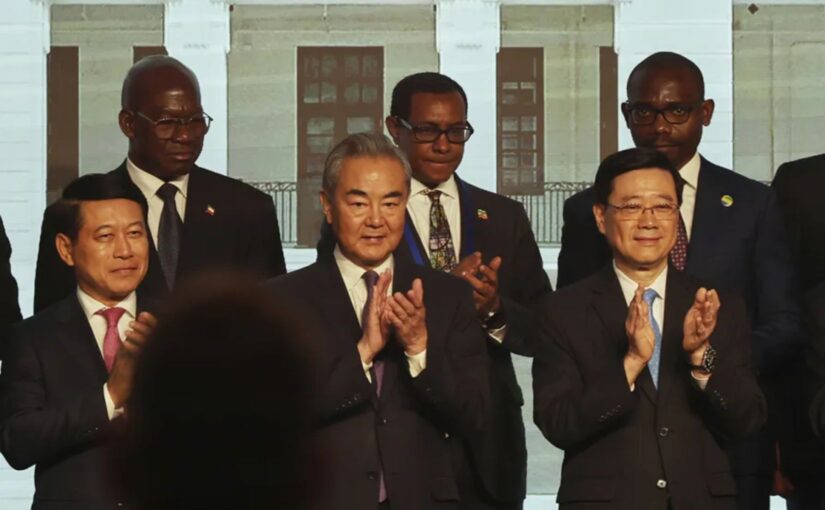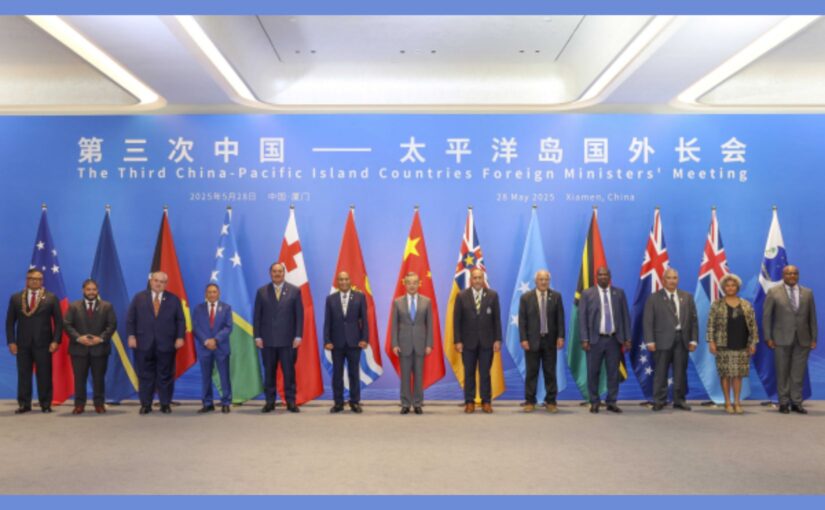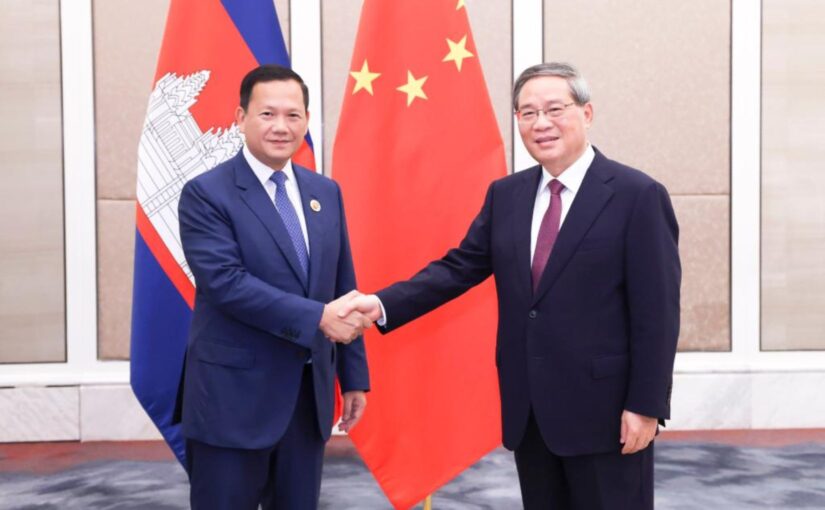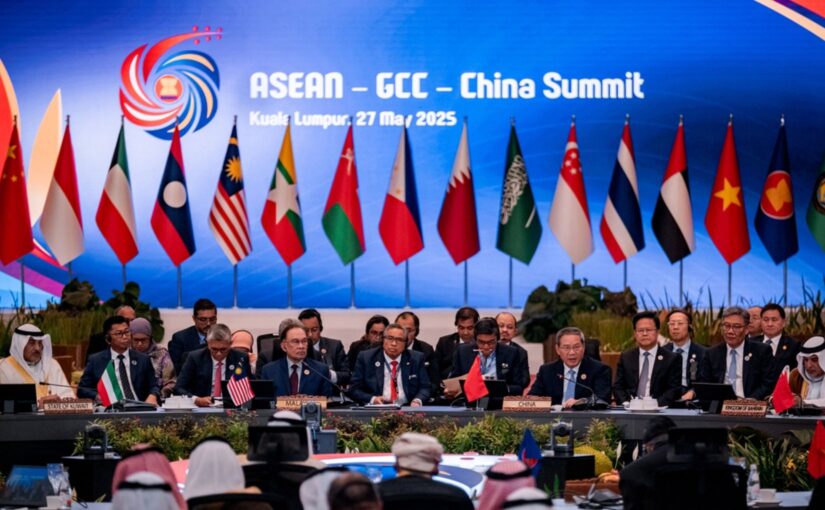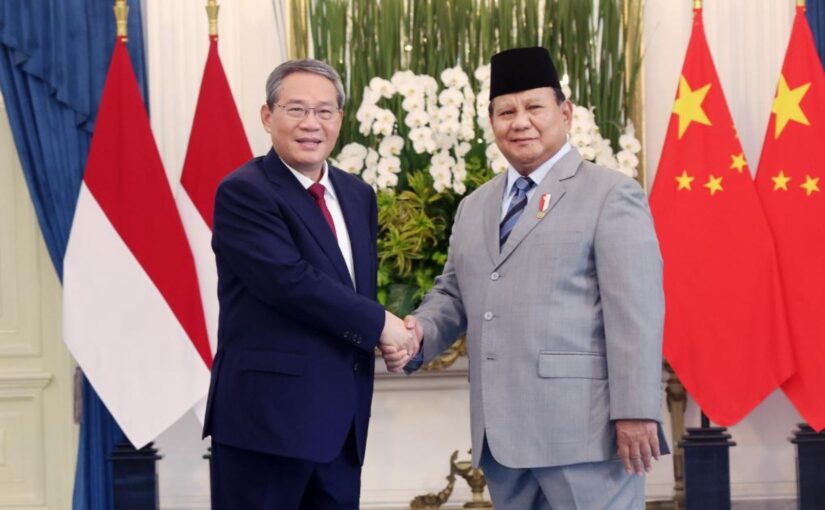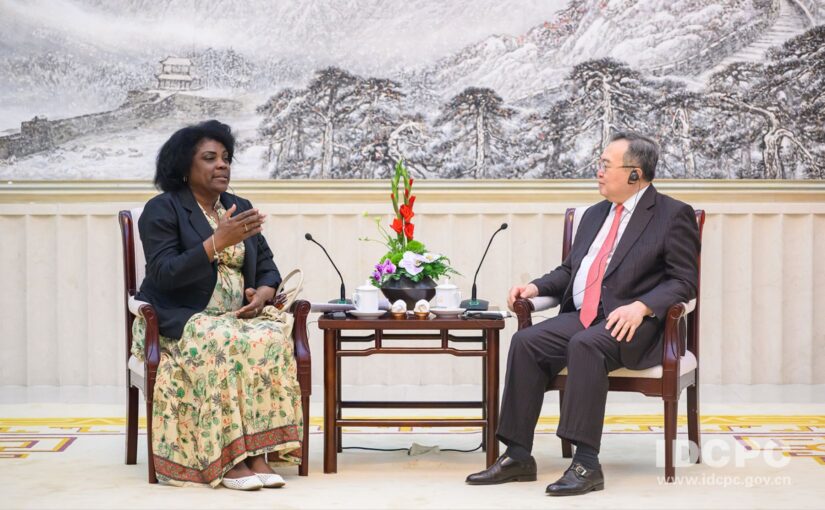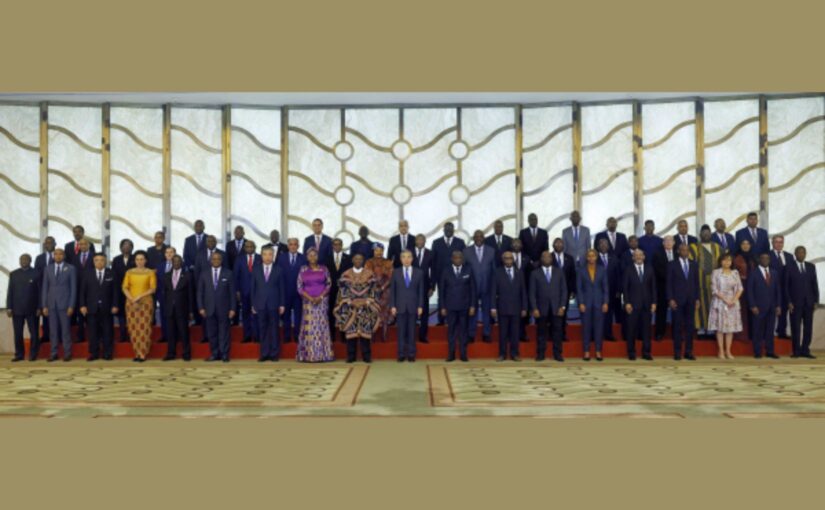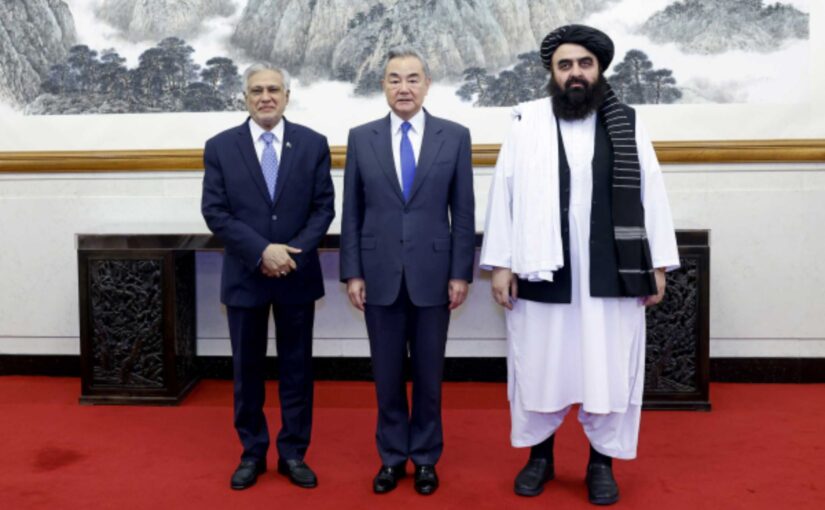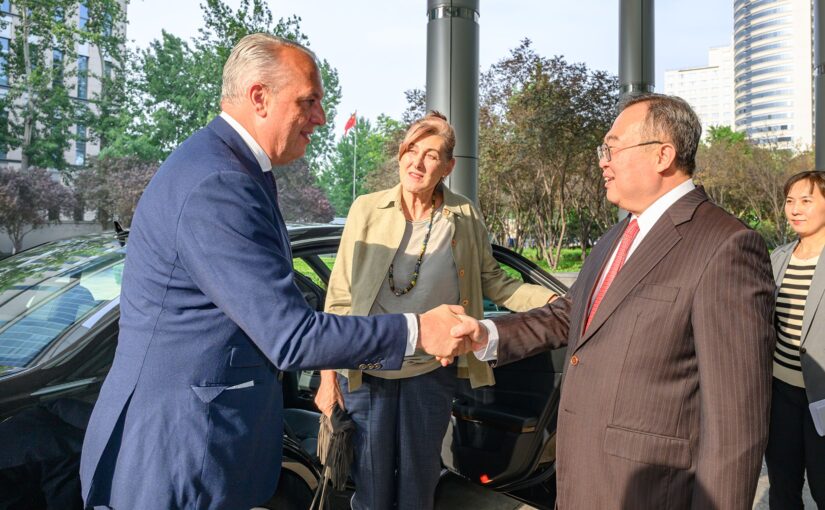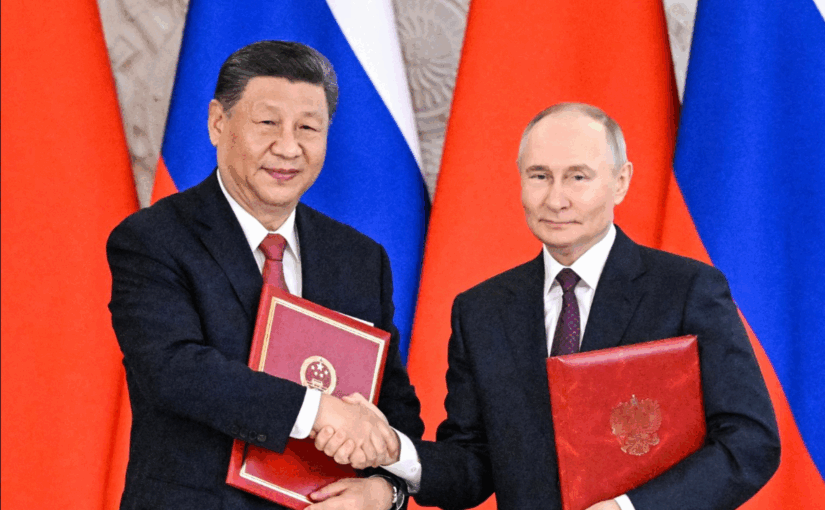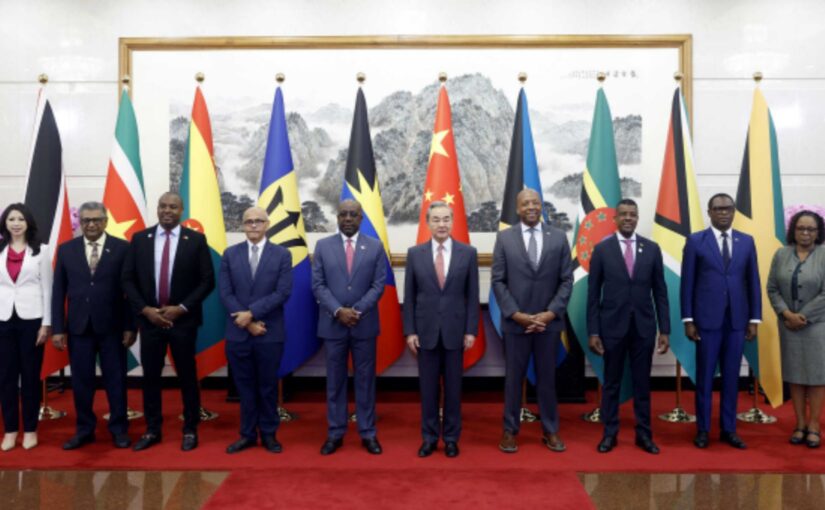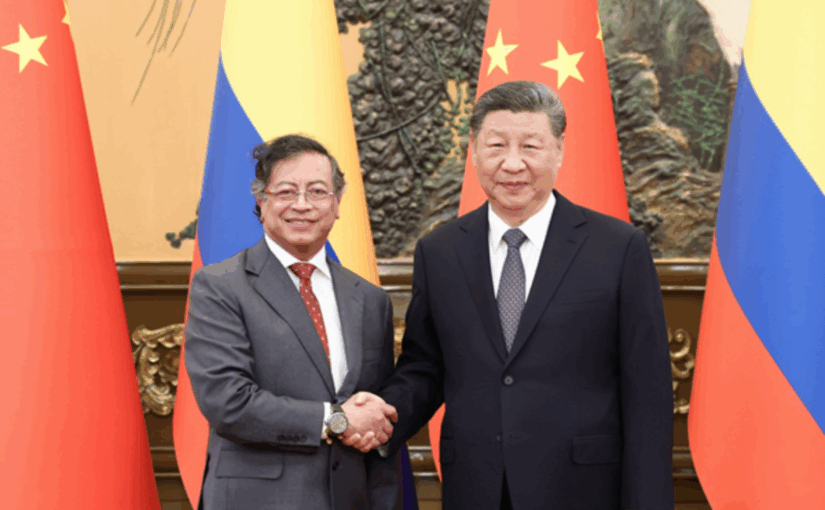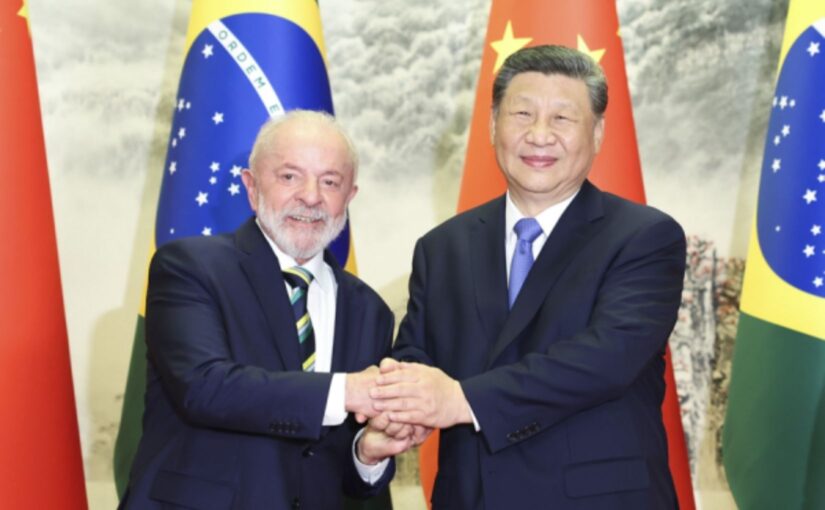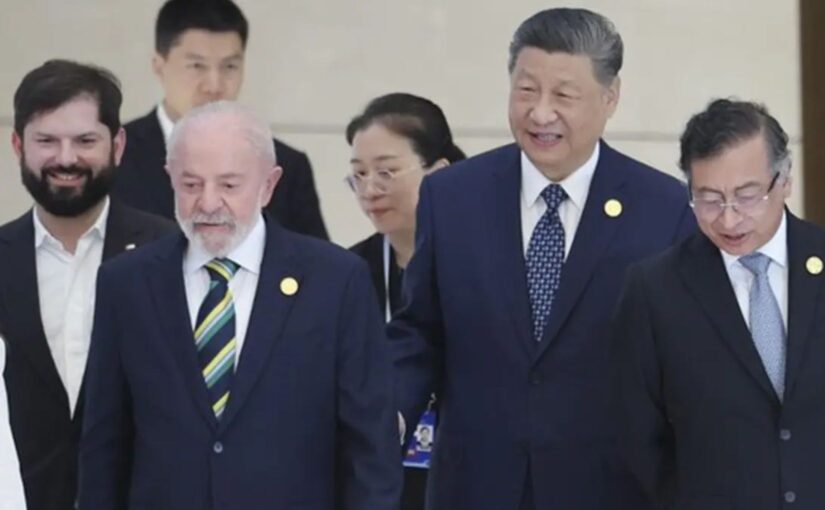Following his visit to Indonesia, Chinese Premier Li Qiang visited Malaysia for the first ASEAN (the Association of Southeast Asian Nations)-GCC (the Gulf Cooperation Council)-China Summit, held in the capital Kuala Lumpur, May 26-28.
This meeting, bringing together three key economic centres in the Global South, is being seen as a landmark development in international geopolitics and geoeconomics.
A commentary published by the Xinhua News Agency on the eve of the gathering described it as a new inter-regional cooperation model in Asia that will boost Global South unity:
“As leaders of the Association of Southeast Asian Nations (ASEAN) prepare for their 46th summit, an inaugural ASEAN-GCC (the Gulf Cooperation Council)-China Summit is also on the agenda, with expectations to expand inter-regional cooperation in Asia and shore up the common development of Global South countries.
“The gatherings, bringing together leaders of the three sides that have their unique strengths, will innovate cooperation models, boost growth momentum for Asia and beyond, and set a good example for Global South countries to unite and consolidate their collective development rights.
“The new endeavour is of special significance at a time when the world is haunted by the menace of protectionism and unilateralism, and international institutions are confronted with the challenge of fragmentation.
“ASEAN countries are beaming with economic vitality and development potential, while the GCC is a bloc rich in energy resources and investment capital. China, the world’s second-largest economy, also has much to offer in creating new cooperation opportunities through its vast consumer market and complete industrial system.
“China, the region’s economic powerhouse and an ardent promoter of cooperation, enjoys strong ties with both ASEAN and GCC countries.
“Trade, people-to-people exchanges, cooperation in energy, connectivity projects, finance and investment, innovation and green development have all witnessed steadfast growth among the three sides.
“As neighbours, China and ASEAN had by 2024 been each other’s largest trading partner for five consecutive years. Bilateral trade value soared from less than 8 billion US dollars in 1991 to nearly 1 trillion dollars in 2024.
“In the latest development, China and 10 ASEAN countries have fully completed negotiations on the Version 3.0 China-ASEAN Free Trade Area, a milestone in bilateral trade cooperation that will inject greater momentum and stability into the world economy.
“With the GCC, China established contact upon the bloc’s inception in 1981. Forty-plus years on, the two sides have written together a splendid chapter of solidarity, mutual assistance and win-win cooperation.
“In 2024, trade between China and GCC countries reached over 288 billion dollars. Cooperation in investment, energy and green transformation is on the rise, thanks to the growing mutual trust and the high degree of complementarity in their respective economies.
“As the trilateral model of ASEAN-GCC-China cooperation continues to take shape, more growth momentum can be expected. Moreover, the three sides can coordinate better on regional and international affairs.
“With expanded and strengthened cooperation, the new model, together with mechanisms like the BRICS, can help create more solidarity and common prosperity for Global South countries.”
Xinhua also published a guest column by Julia Roknifard, a senior lecturer at the School of Law and Governance at Malaysia’s Taylor’s University, entitled “ASEAN-GCC-China cooperation a new ‘golden triangle’ in global affairs”.
According to Roknifard, “A remarkable mechanism of multilateral cooperation is emerging as the Association of Southeast Asian Nations (ASEAN), China and the Gulf Cooperation Council (GCC) are to hold an inaugural joint summit.
“The three parties now have more incentive than ever to coordinate in the current geopolitical climate, as some major countries are pursuing confrontation and protectionism, making the list of divergent interests only growing longer.
“China has already had a transformative impact on ASEAN and the broader Middle East economically, including the GCC states, through major infrastructure, trade and development efforts – particularly the Belt and Road Initiative and the Global Development Initiative. But the relationship runs deeper, with growing cooperation in technology, industrial development, tourism, cultural exchange and longstanding people-to-people ties.”
She adds: “China’s diplomatic and stabilising role on crucial issues has also boosted its standing in the region. Its calls for a peaceful and just resolution to the Palestinian conflict resonate with many in ASEAN, while its success in bringing together key Middle East powers, especially Iran and Saudi Arabia, has further elevated its profile and generated goodwill across the region.
“Despite efforts to draw ASEAN and the GCC members into bloc confrontation, the West is unable to pressure these countries as it previously could with its military and economic power, signaling a steady erosion of the leverage it once had. Amid ongoing conflicts and shifting economic realities, countries are increasingly prioritising partnerships that best serve their development goals, rather than accepting policies that hinder their progress.
“Bringing together all three parties creates a new platform for cooperation. Barring interference from outside parties, this emerging ‘Golden Triangle’ of resources, manufacturing, and consumers is poised to drive the global economy forward. It could also accelerate the spread of cutting-edge technologies pioneered by China – particularly in renewable energy vehicles and artificial intelligence tools like DeepSeek, which is developed at a fraction of the cost of Western counterparts.”
By way of contrast she notes: “As major European economies are close to recession and de-industrialisation, and the United States itself has lost its edge in shipbuilding tonnage and continues to lapse in other sectors, China continues to move forward as it is able to recognize this simple fact that ASEAN, the GCC and other regional groupings across Africa and Latin America are looking forward to a new era of peace and stable international relations.”
Addressing the summit, Premier Li Qiang said: “China, ASEAN and GCC countries have a long history of friendly interactions, with exchanges and cooperation between us spanning thousands of years from the ancient Silk Road to the Belt and Road Initiative. Today, against a volatile international landscape and sluggish global growth, the establishment of the ASEAN-China-GCC Summit creates a platform for exchanges and a mechanism for cooperation. It is a groundbreaking initiative in regional economic cooperation that has carried forward the legacy of history, and more importantly, answered the call of the times.
“Together, China, ASEAN and the GCC account for roughly a quarter of the world’s population and economic output. Our markets, if fully connected, will generate even greater space for development and more substantial economies of scale… China is ready to, on the basis of mutual respect and equality, work with ASEAN and the GCC to strengthen the alignment of development strategies, increase macro policy coordination, and deepen collaboration on industrial specialisation. We should make efforts to turn our respective strengths into collective strengths and help each other tackle development challenges.
“Countries of the three sides have diverse civilisations. At the same time, we all belong to the same Asian family and share the same Asian values of peace, cooperation, openness and inclusiveness. We should deepen people-to-people exchanges to further consolidate the foundation for mutual trust. We should effectively manage differences in the spirit of mutual understanding, advance win-win cooperation through the exchange of ideas, and explore a new way for promoting the inclusiveness and common progress of different civilisations. China actively supports [Malaysian] Prime Minister Anwar’s initiative on Islam-Confucianism dialogue.
“We should enhance synergy and connectivity in infrastructure, market rules and payment systems, actively consider establishing a regional business council, deepen economic integration, and make development more resilient and efficient. While expanding cooperation in traditional areas such as energy and agriculture, we also need to step up cooperation in emerging areas such as AI, the digital economy, and green and low-carbon development to foster and cultivate new growth drivers.
“At the global level, we should always stand on the right side of history and add more positive energy to world peace and development. We should pursue equal, mutually beneficial, open, inclusive, practical and efficient cooperation, and, through our example, encourage the international community to uphold multilateralism and free trade and reject unilateralism and protectionism. China will work with ASEAN and GCC countries to step up communication and coordination in multilateral mechanisms including the United Nations, vigorously defend the common interests of developing countries, categorically oppose hegemonism and power politics, and make global governance more just and equitable.”
Continue reading ASEAN, GCC and China forge the new golden triangle of South-South Cooperation 